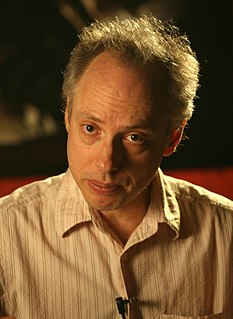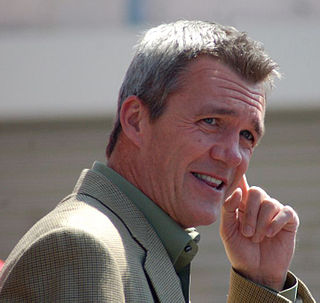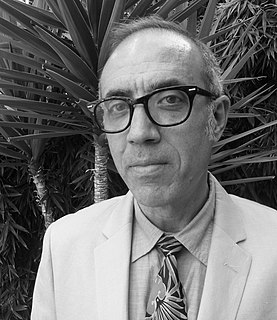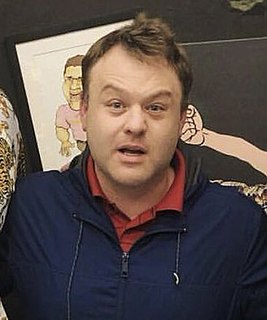A Quote by Todd Solondz
All I mean is, I'm not the kind of audience comedy directors want at a test screening because I seldom laugh, and if I do, it's not very loud. That doesn't mean I don't like the movie.
Related Quotes
We are a nation that has always gone in for the loud laugh, the wow, the yak, the belly laugh, and the dozen other labels for the roll- em-in-the-aisles gagerissimo. This is the kind of laugh that delights actors, directors, and producers, but dismays writers of comedy because it is the laugh that often dies in the lobby. The appreciative smile, the chuckle, the soundless mirth, so important to the success of comedy, cannot be understood unless one sits among the audience and feels the warmth created by the quality of laughter that the audience takes home with it.
I always thought if you really want to be a good actor, you've got to be able to fart in public. That, to me, is the most important. If you are so inhibited that you can't fart, I don't mean around your friends, I mean just a fart, out loud somewhere. I don't mean the 'silent creeper', everybody does that. I mean fart out loud! Just that you can do it and not be afraid of it. Humility is very important.
I have become a giant fan of the testing process, especially with a comedy. I mean, they tell you what's funny. It's almost tailor-made for people who shoot the way we shoot, trying a million different options and versions of things. Because the audience doesn't laugh at a joke, we put in another joke. If they don't laugh at the next joke, we put in another joke. You just keep doing them and you can get the movie to the point where every joke is funny, if you have enough options in the can.
I'm the biggest proponent of test screenings now. There's two ways to face test screenings. For dramas, I don't know if I would rely on them as much, although I still think you need them, because you're making a movie for an audience at the end of the day. But with comedy... You could go through a script or anything I ever worked on, where you go, "This is hilarious," and you put it in front of people and you get nothing. And then the other side of it, is something you're like, "I think this is really stupid," and it gets a giant laugh.
Different reactions while film test screening doesn't mean even the audience thinks ambiguity is a bad thing. But if you're asking them right away to start checking things off, they don't know what to do. I think at their best, it applies to when the audience knows what it is. Then, when they say, "Oh, well, I thought it was too boring in blah-blah-blah part," then you better pay attention to it. It's like going for the hamburger. Better be the good hamburger I went for.
David Zucker was great! Those guys are funny. I mean, they are funny. There's a wonderful thing about doing that kind of work like Superhero Movie: You have to be real, but you also have to get the laugh. There you are, your director and the producers are right there at the monitors, and you either get the laugh or you don't. And so you just do it until you get the laugh.
The Lampoon was definitely quite formative. You know there's a crazy like kind of network of comedy writers from The Lampoon that are, that kind of you know like Seinfeld and The Simpsons and a lot of shows kind of had a lot of kind of Lampoon writers and so that was very formative. I mean, to me I got interested in comedy writing at an early like reading like Dave Barry.
I think comedy is so much easier to do on the page than it is in real life. When I'm writing, comedy is an easy way to win over the reader. You're automatically more disposed to keep reading, thinking maybe, "I'll get another laugh or two." I think it's a survival instinct in me. I mean, you don't want to lose these guys within five or ten pages. You want them to keep going. I think to some extent it's a desperate measure that I throw out there, because a novel isn't a complete waste of time if it made you laugh.






































